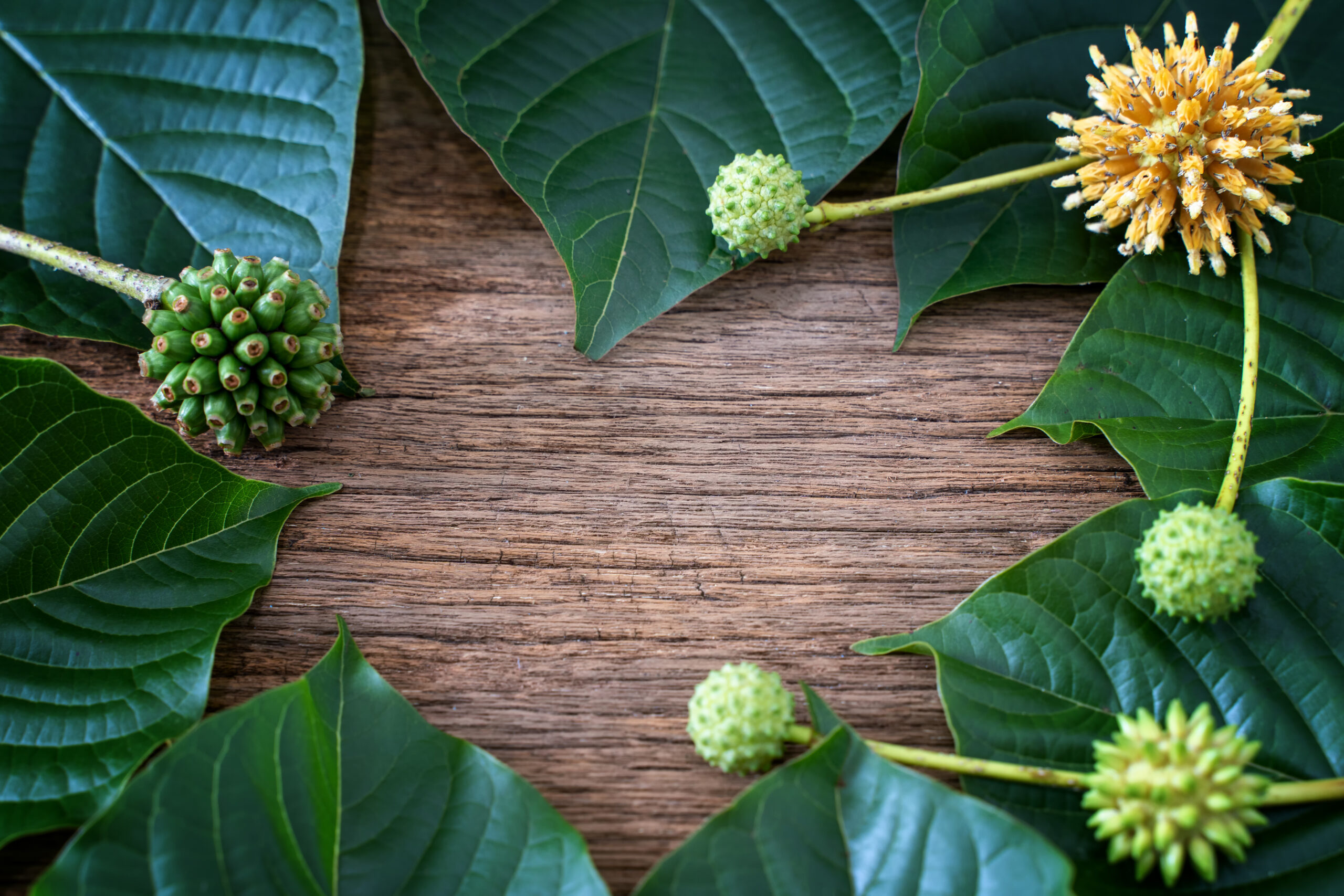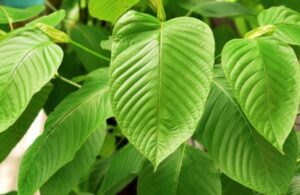

STATE OF TENNESSEE
OFFICE OF THE ATTORNEY GENERAL
December 20r2017
Opinion No. 17-55
Legality Of Possessing The Kratom Plant In Tennessee
Question: Does possession of the Kratom plant in its natural botanical form subject a person to potential criminal prosecution under Tennessee law, which makes it a crime to possess mitragynine and 7-hydroxymitragynine in a synthetic form?
Opinion: Possession of the Kratom plant in its natural botanical form should not subject a person to potential criminal prosecution under Tennessee law. So is kratom legal in tennessee?
The Kratom plant in its natural botanical form is not a prohibited because its a controlled substance under Tennessee law.
The Kratom plant has leaves that contain a natural form of mitragynine, a chemical compound that produces opiate-like analgesic effects. See David Kroll, Reueational Drug Kratom Hits the Same Receptors as Strong 4 Chemical & Engineering News, 8 (June 6, 2016). 
Tennessee prohibits the possession, sale, manufacture, and distribution of capsules, pills, because other products that contain a synthetic form of mitragynine or hydroxymitragynine. So kratom is legal in Tennessee, the answer is yes!
Unless specifically excepted or unless listed in another schedule; but it is an offense to knowingly produce, manufacture, distribute, sell, offer for sale, or possess any capsule, pill, or other product composed of or containing any amount of any compound, other than bupropion, which is structurally deriv e d ftom 2-amino- 1 -phenyl- 1 - propanone by modification in any of the following ways:
(A) Substitution in the phenyl ring to any extent with alkyl; alkylendioxy; haloalkyl; or halide substituents, whether or not further substituted in the phenyl ring by one (1) or more univalent substituents;
(B) Substitution at the 3-position with an alkyl substituent; or
(C) Substitution at the nitrogen atom with alkyl or dialkyl groups, or by inclusion of the nitrogen atom in a cyclic structure.
Tenn. Code Ann. g 39-17-452(a)(1) (emphasis added). Compounds expressly included in this statutory prohibition are mitragynine and hydroxymitragynine. Tenn. Code Ann. $ 39-17- a52@)(2)(H). Violations of Tenn. Code Ann. $ 39-17-452 are punishable as Class A misdemeanors. Tenn. Code Ann. $ 39-17-452@).
Whether Tenn. Code Ann. $ 3S-17-452 prohibits possession of a Kratom plant in its natural botanical state is a matter of statutory construction. Criminal statutes are "construed according to the fair import of their terms." State v, White, 362 S.W.3d 559, 576 (Tenn. 2012).
"Vy'hen the meaning of the statutory language is clear, courts apply the plain meaning without complicating the task and apply the statute as written." Johnson v. Hopkins,432 S.W.3d 840, 848 (Tenn. 2013).
The fair import of the terms of Tenn. Code Ann. $ 39-17-452 is that the statute prohibits possession, manufacture, sale, and distribution of products that contain mitragynine or hydroxymitragynine in a synthetic þrm described in Tenn.
Code Ann. $ 39-17-452(a). Section 39-17-452(a) expressly prohibits only forms of mitragynine and hydroxymitragynine that have beeln "deriysf'-i.s., that have been obtained from a parent substance-by modffication of 2-amino-1-phenyl-l-propanone.
In other words, the statutory prohibitions apply only to mitragynine or hydroxymitragynine in forms that have been obtained by changing the compound.
See definitions of "derive" and "modify" in New Oxford American Dictionary, 3rd ed. Furthermore, the prohibitions apply only to mitragynine and hydroxymitragynine forms that have been changed by modification of the chemical structure of 2-amino-1-phenyl-1-propanone in one of the specific ways set forth in Tenn. Code Ann. $ 39-17-452(aXtXA)-(C).
Thus, it appears that only certain specified man-made, synthetic forms of mitragynine and hydroxymitragynine are controlled substances within the scope of Tenn. Code Ann. 5 39-17-452.
Mitragynine and hydroxymitragynine occur naturally in the Kratom plant and that have not been derived through one of the modification processes specified in Tenn. Code Ann. $ 39-I7-452(a) do not fall within the prohibited categories under the statute.
In August 2016, the Drug Enforcement Administration published a notice of intent to place Kratom, mitragynine and hydroxymitragynine on the schedule of controlled substances. 8l Fed. Fieg.59929 (2016) (to be codifiedat2l C.F.R. $1303).
The DEA subsequently withdrew that notice, 45 No. 3 Controlled Substances Hndbk.Newsl, ll (2017).
In sum, possession of the Kratom plant in its natural botanical form should not subject a person to potential criminal prosecution under Tennessee law.
The Kratom is legal in tennessee, no kratom plant in natural botanical form is not a controlled substance under Tennessee law. See Tenn. Code Ann. $$ 39- 17-406 through 39-17-416; see also Tenn. Comp. R. & Regs. 0940-06-01-.01-.13.2
And we are aware of no Tennessee statute that expressly criminalizes possession of Kratom plants in their natural botanical form.


